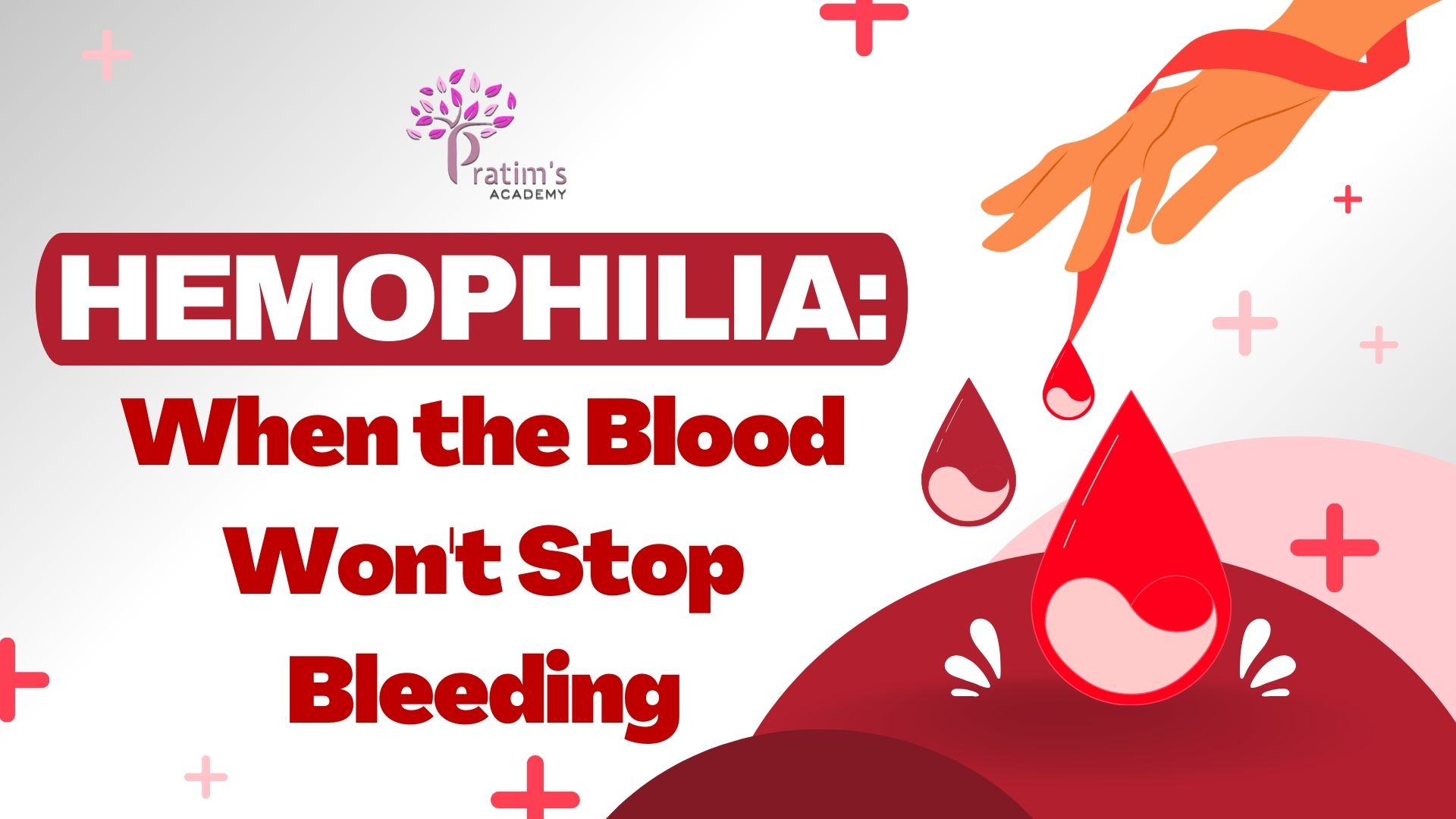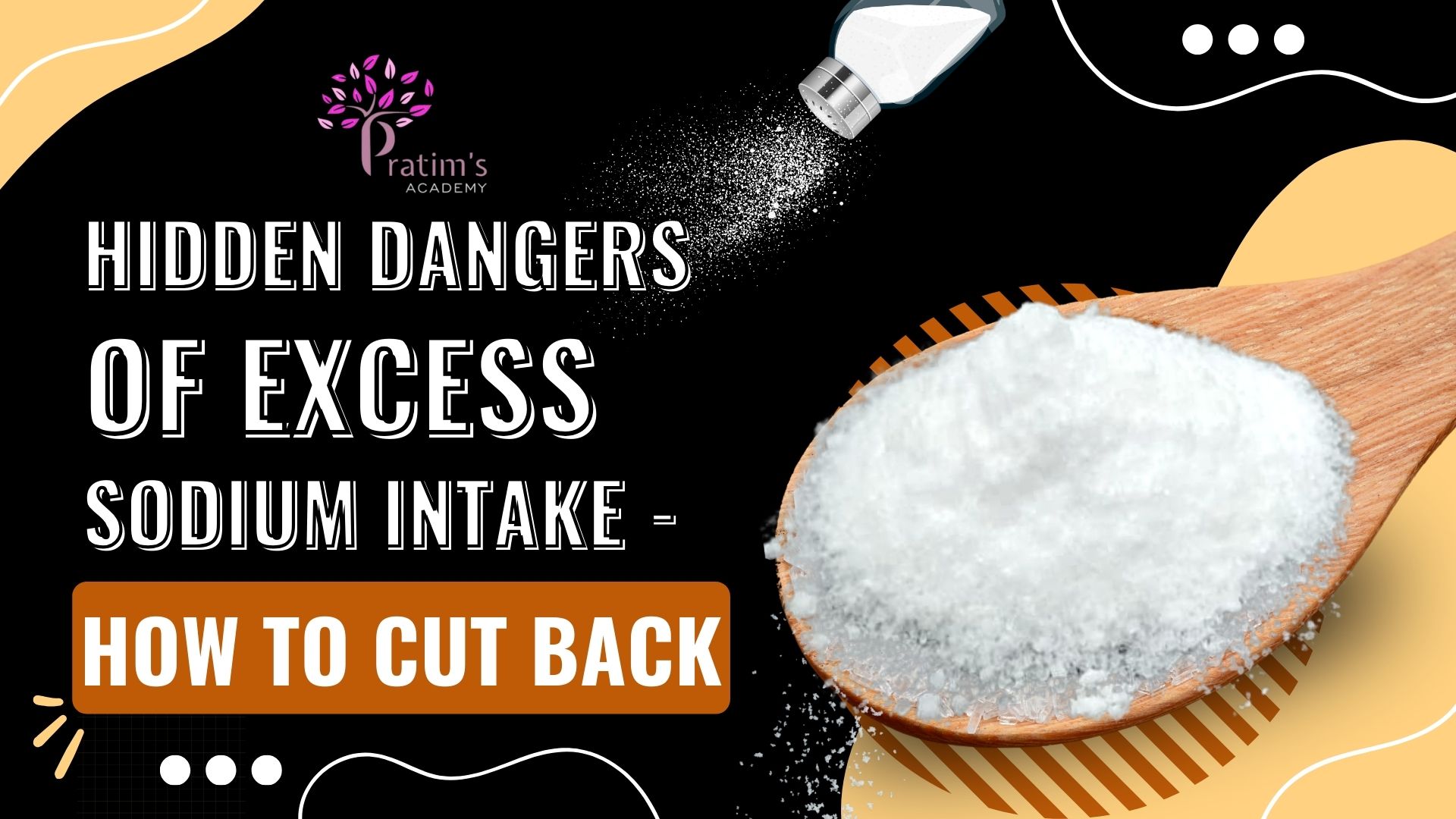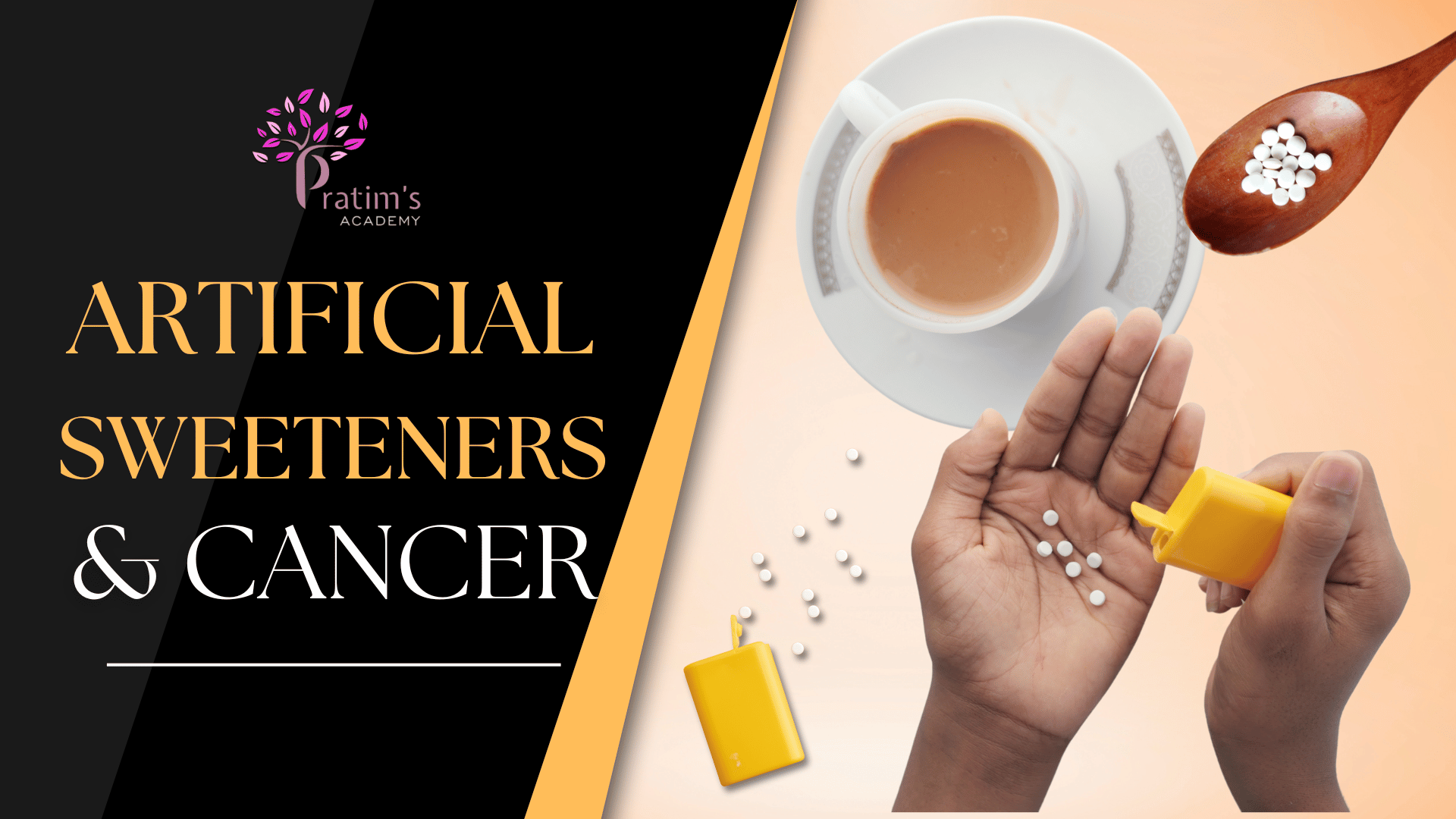
- 1185
- 0
Kidney-Healthy Foods: A Guide to Nourishing Your Kidneys
Eating a healthy diet is always a wise choice, but when dealing with kidney disease, extra care in food selection becomes crucial. The right foods not only boost overall health but also contribute to a positive mood. In this guide, we’ll share a list of kidney-healthy food habit, emphasizing the importance of low sodium, low phosphorus, low potassium, and low protein intake tailored to individual factors such as height, weight, and age.
Key Considerations – PROTIP
Choosing diet wisely involves a careful balance of sodium, phosphorus, potassium, and protein according to individual characteristics. This proactive approach ensures optimal kidney health.
1. Low-Fat Dairy Foods
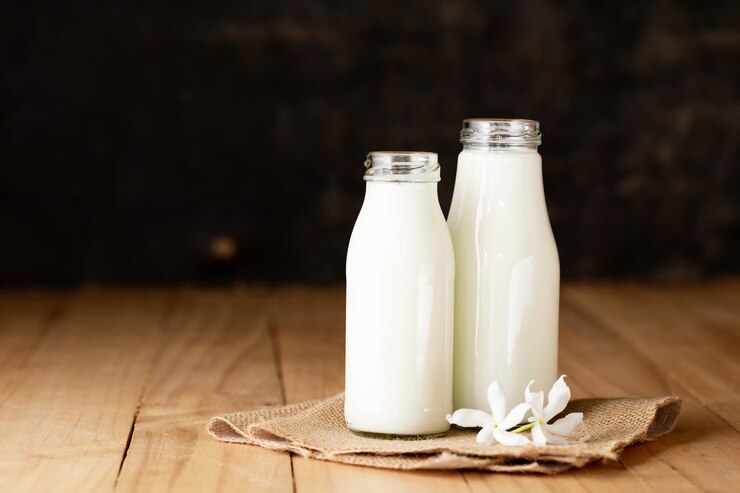
One effective measure to protect kidneys from damage is opting for low-fat dairy products. Studies suggest that a reduced intake of high-fat dairy foods lowers the risk of chronic kidney disease (CKD).
2. Lean Meat Proteins
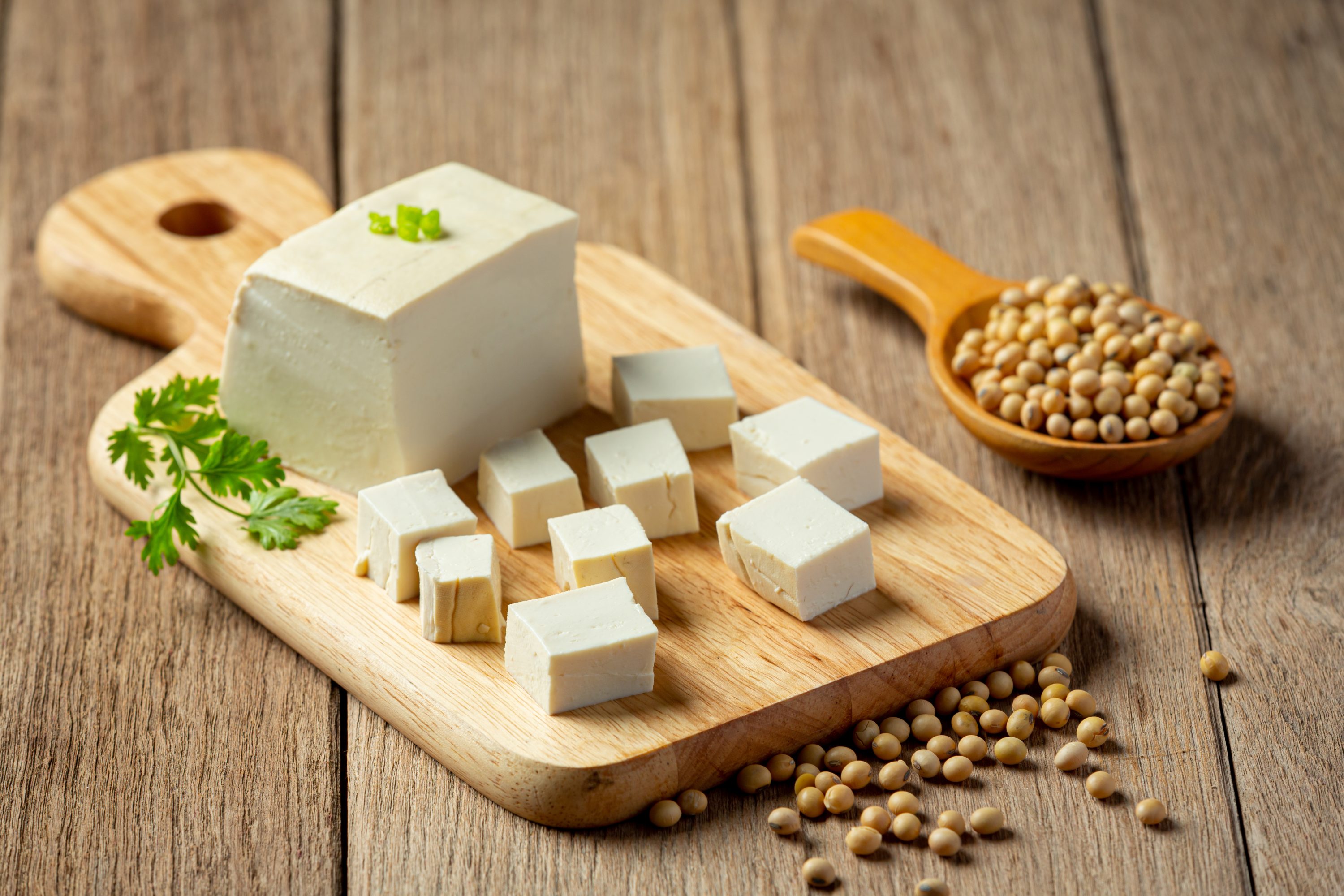
Choosing lean meat proteins, such as skinless poultry, plant-based options like tofu, meeso, temph, and low-fat fish, is beneficial. These proteins are low in sodium and fat, preventing an increase in blood pressure and promoting heart and kidney health.
3. Low Sodium Foods
Foods high in sodium, such as chips, pickles, soy sauce, cornflakes, prawns, and Hilsa, should be limited. High sodium intake can lead to fluid retention and hypertension, posing significant risks for individuals with kidney disease.
4. Low Potassium Fruits & Vegetables

Maintaining electrolyte balance is vital for kidney health, and potassium plays a major role. Consuming low-potassium fruits and vegetables helps manage potassium levels, preventing negative effects on muscle reflexes, heart rhythm, and water balance.
5. Low Phosphorus Foods
In renal failure patients, elevated phosphorus levels in the blood can lead to complications such as osteomalacia, osteoporosis, and calcification in other organs. Including low phosphorus foods in the diet is crucial to prevent these issues.
Conclusion
Diet plays a pivotal role in managing chronic kidney disease (CKD), and the approach may vary based on the progression and stages of the condition. Regular monitoring of kidney health, adherence to prescribed medications, and a kidney-friendly diet are essential components of comprehensive CKD management. By making informed food choices, individuals can contribute to the overall well-being of their kidneys and maintain optimal health.
Comment
Check Your EGFR
***We Promise, no spam!

